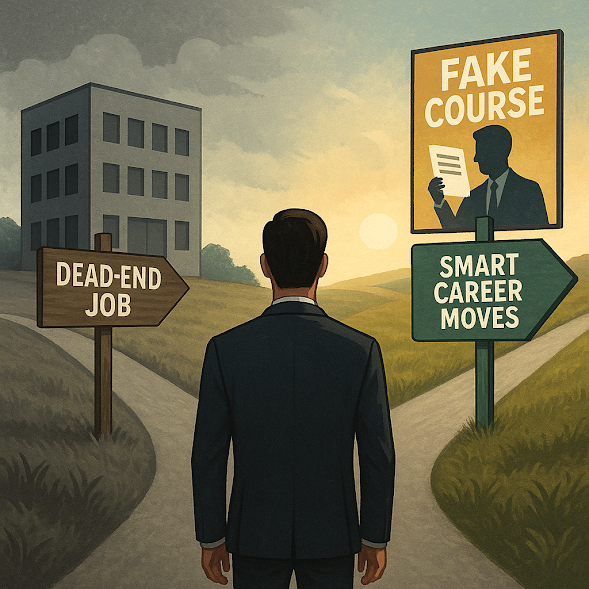Author's Bio

Hi, I’m Jayatheertha K P 👋 Human Resource Adviser | Author | Career Coach With over 30 years of experience in HR, leadership development, and mentoring professionals, I help people unlock their full potential and thrive in today’s ever-changing workplace. My books are practical, insight-driven, and written to guide you through interviews, workplace challenges, and long-term career growth, especially in the AI-driven era. 📚 Explore my ebooks below 👇 and start building a confident, future-ready career today. 📘 Featured Books ✅ Ace Your Interview: Proven Answers to Top Interview Questions 🎯 Get real-world strategies, sample answers, and confidence boosters to crack every stage of your job interview. 👉 Download Now ✅ Surviving the AI-Powered Recession 💡 A survival toolkit for job seekers and professionals facing economic and technological disruption. 👉 Read the Guide ✅ Conquering the Corporate Jungle 🧭 From handling toxic bosses to tric...




